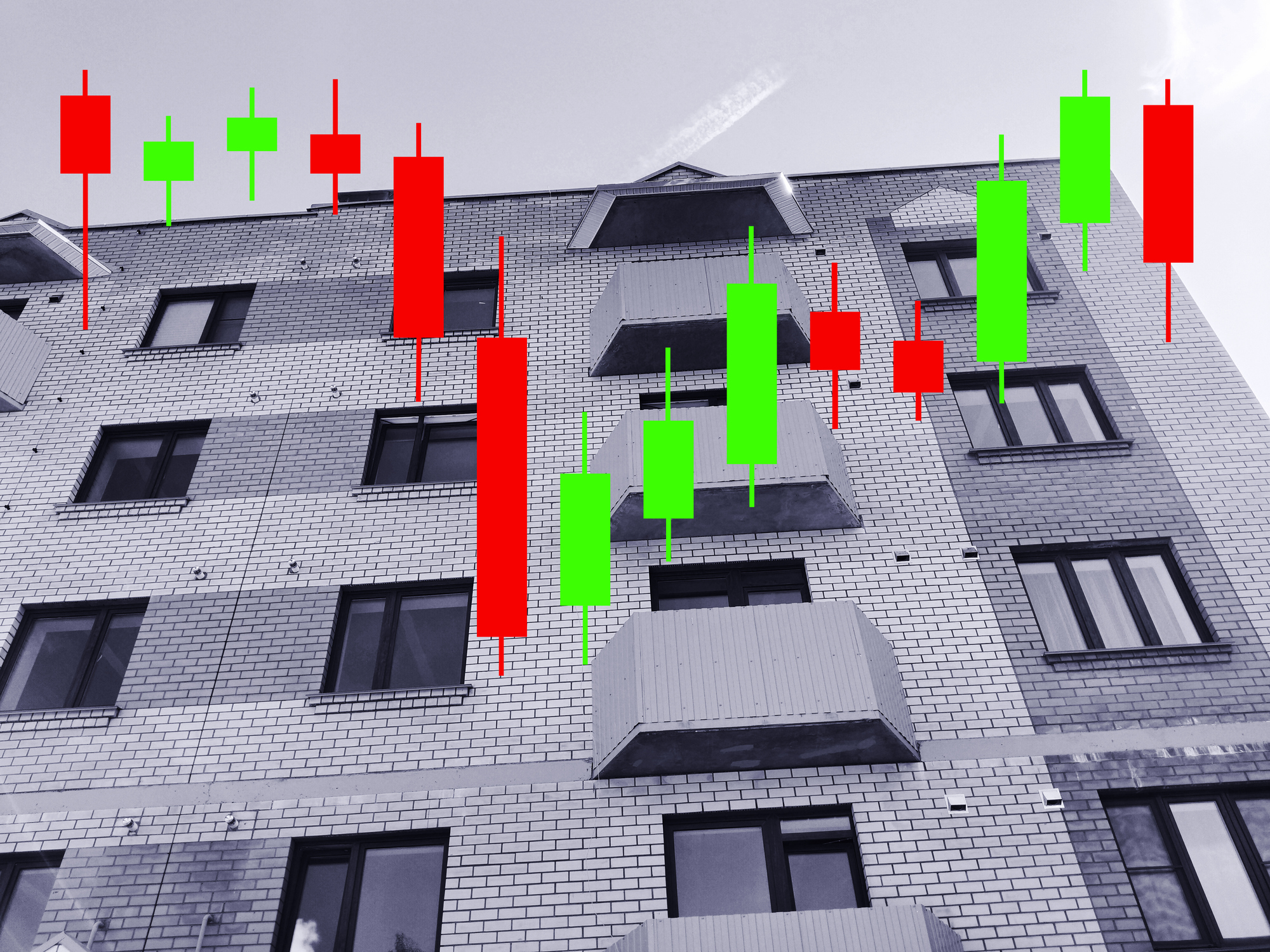The topsy-turvy world of bonds
While stockmarkets rallied over the summer, bond yields continued to send alarm signals.

Get the latest financial news, insights and expert analysis from our award-winning MoneyWeek team, to help you understand what really matters when it comes to your finances.
You are now subscribed
Your newsletter sign-up was successful
Want to add more newsletters?

Twice daily
MoneyWeek
Get the latest financial news, insights and expert analysis from our award-winning MoneyWeek team, to help you understand what really matters when it comes to your finances.

Four times a week
Look After My Bills
Sign up to our free money-saving newsletter, filled with the latest news and expert advice to help you find the best tips and deals for managing your bills. Start saving today!
Stock and bond markets continue to send different signals. US Treasury bond yields plunged earlier this year as investors rushed into the traditional safe-haven asset. Bond yields move inversely to prices, so higher demand means higher bond prices and hence lower yields.
Yet while stocks rallied over the summer, bond yields continued to send alarm signals. The US ten-year Treasury yield, which started the year at about 1.8%, fell to 0.5% over August.
The start of this week saw gloom settle over equity markets, which would normally send bond yields even further south. Yet the US ten-year Treasury yield has barely budged, say Padhraic Garvey, Benjamin Schroeder and Antoine Bouvet of ING. Indeed, trading around 0.8% this week, it has risen since the summer lows.
MoneyWeek
Subscribe to MoneyWeek today and get your first six magazine issues absolutely FREE

Sign up to Money Morning
Don't miss the latest investment and personal finances news, market analysis, plus money-saving tips with our free twice-daily newsletter
Don't miss the latest investment and personal finances news, market analysis, plus money-saving tips with our free twice-daily newsletter
US bond movements also reflect the reflation trade (see above), says Randall Forsyth in Barron’s. The prospect of more government debt issuance, coupled with more inflation and growth in the economy, would send bond prices lower and yields higher, especially those with longer maturities.
By contrast, bond yields in Europe remain pinned to the floor, with the German ten-year Bund yielding the princely return of -0.58%. The EU has just sold a ten-year bond at a yield of -0.24%. Corporate debt markets provide the strangest spectacle of all, says Michael Mackenzie, also in the Financial Times. An economic crisis should send yields there surging, but Federal Reserve support has “turned everything on its head”, says Matt King of Citigroup.
Instead of looking at business “fundamentals” investors obsessively watch “central bank liquidity”. That might delay the default pain, but the bill for this year’s corporate “debt binge” will one day come due.
Get the latest financial news, insights and expert analysis from our award-winning MoneyWeek team, to help you understand what really matters when it comes to your finances.
Alex is an investment writer who has been contributing to MoneyWeek since 2015. He has been the magazine’s markets editor since 2019.
Alex has a passion for demystifying the often arcane world of finance for a general readership. While financial media tends to focus compulsively on the latest trend, the best opportunities can lie forgotten elsewhere.
He is especially interested in European equities – where his fluent French helps him to cover the continent’s largest bourse – and emerging markets, where his experience living in Beijing, and conversational Chinese, prove useful.
Hailing from Leeds, he studied Philosophy, Politics and Economics at the University of Oxford. He also holds a Master of Public Health from the University of Manchester.
-
 Should you buy an active ETF?
Should you buy an active ETF?ETFs are often mischaracterised as passive products, but they can be a convenient way to add active management to your portfolio
-
 Power up your pension before 5 April – easy ways to save before the tax year end
Power up your pension before 5 April – easy ways to save before the tax year endWith the end of the tax year looming, pension savers currently have a window to review and maximise what’s going into their retirement funds – we look at how
-
 The shape of yields to come
The shape of yields to comeCentral banks are likely to buy up short-term bonds to keep debt costs down for governments
-
 An AI bust could hit private credit – could it cause a financial crisis?
An AI bust could hit private credit – could it cause a financial crisis?Opinion Private credit is playing a key role in funding data centres. It may be the first to take the hit if the AI boom ends, says Cris Sholto Heaton
-
 Why Scotland's proposed government bonds are a terrible investment
Why Scotland's proposed government bonds are a terrible investmentOpinion Politicians in Scotland pushing for “kilts” think it will strengthen the case for independence and boost financial credibility. It's more likely to backfire
-
 The battle of the bond markets and public finances
The battle of the bond markets and public financesAn obsessive focus on short-term fiscal prudence is likely to create even greater risks in a few years, says Cris Sholto Heaton
-
 MoneyWeek experts pick the best investments for the next 25 years
MoneyWeek experts pick the best investments for the next 25 yearsMoneyWeek's experts predict the best investments for the next quarter-century. Tips range from defence and agriculture to Vietnam and Jardine Matheson
-
 How have central banks evolved in the last century – and are they still fit for purpose?
How have central banks evolved in the last century – and are they still fit for purpose?The rise to power and dominance of the central banks has been a key theme in MoneyWeek in its 25 years. Has their rule been benign?
-
 Waiting for a UK REITs rally – is real estate poised for a rebound?
Waiting for a UK REITs rally – is real estate poised for a rebound?Investors are still cautious about UK REITs. Private equity is snapping them up. One view must be wrong, says Cris Sholto Heaton
-
 Investors can tap into juicy yields in overlooked companies’ debt and equity
Investors can tap into juicy yields in overlooked companies’ debt and equityOpinion Ian “Franco” Francis, fund manager, Manulife CQS New City High Yield Fund tells MoneyWeek where he’d put his money